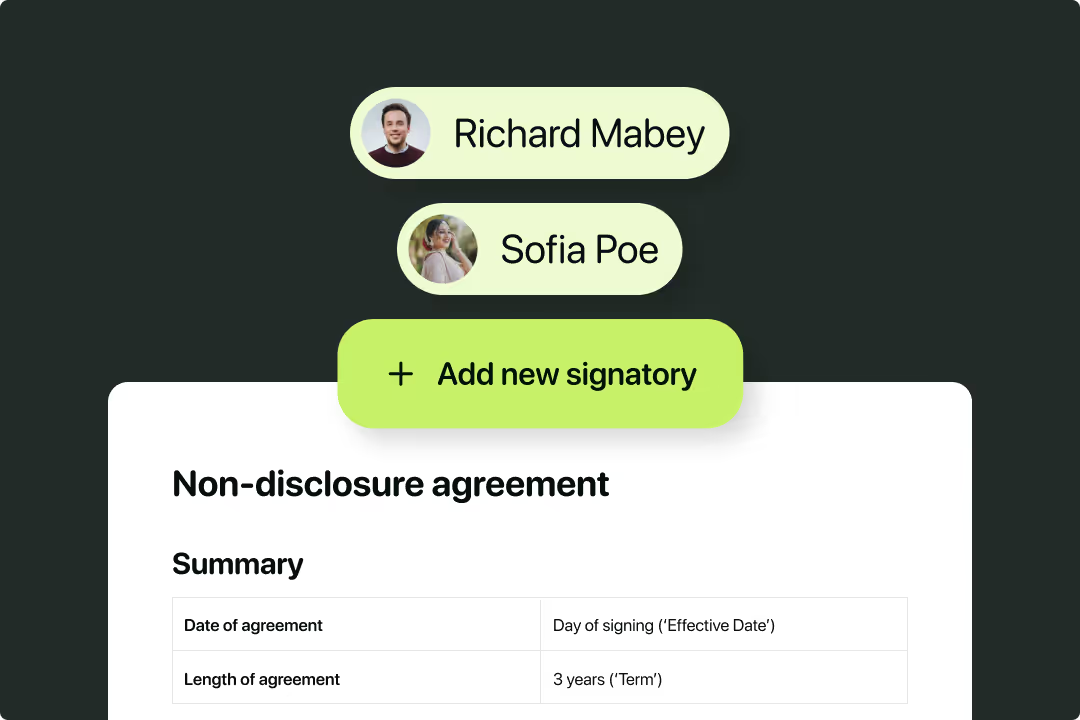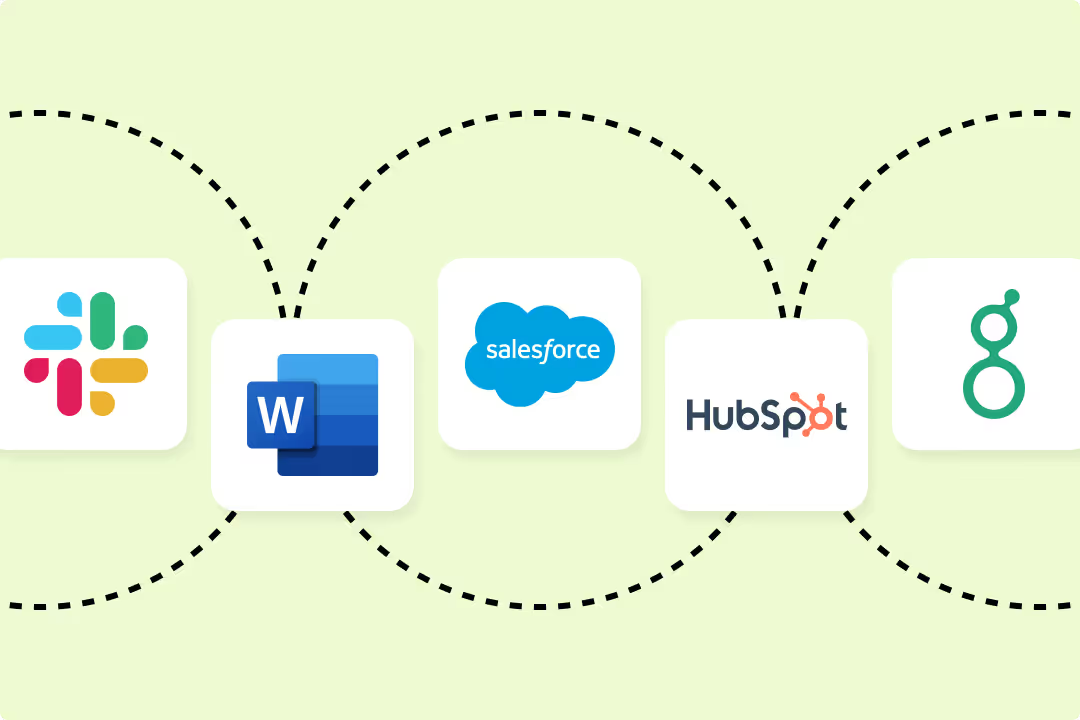Solutions
Customer Support
Resources
We know what you’re thinking: CLMs are for legal teams, right? But think of how much time your sales team actually spends on (or blocked by) contracts.
In this guide, we’ll tell you how the right CLM software can transform sales cycles and empower revenue teams to create and agree contracts faster, without leaving their CRM.
Contracts play an integral role in the sales process. They set out the terms of a deal and, once signed, they formalize a new business relationship. But when they’re managed ineffectively, contracts can stand between sales teams and their revenue goals by creating costly bottlenecks.
Fortunately, CLM software can unblock sales contracts and speed up sales cycles. You just need the right solution.
Juro’s automated contract templates make it quick and easy for sales reps to generate contracts. Instead of drafting sales contracts from scratch, sales reps that use Juro can assemble contracts from within their CRM in just a few clicks.
This is achieved through an integration between the CLM and CRM. With Juro, sales reps can visit an opportunity in a CRM like Salesforce and initiate a contract by clicking ‘Create contract’ and choosing an existing contract template.
From there, a contract is created automatically in Juro with all of the opportunity data in Salesforce pulled into the template to populate it.
This automated workflow empowers sales reps to generate contracts in seconds. No more waiting for legal to draft them manually, and no need for repetitive contract admin.
{{quote1}}
CLM software can also help sales teams by enabling them to get contracts reviewed and approved faster.
This is because a CLM like Juro enables sales reps to generate their own contracts, but with safeguards in place and on terms pre-defined by legal.
Juro enables legal teams to lock certain parts of a contract and set rules and conditions within the contract templates, for example. This gives them control over which terms can be changed in a contract and when certain clauses are removed or added.
With these guardrails in place, most contracts no longer need approval from legal. Even if they do, Juro’s contract approval workflows make this process quick and easy.
{{quote2}}
Without an all-in-one contract management solution, sales teams rely on multiple different tools to get a contract over the line and close a deal.
Typically, contracts are drafted in Microsoft Word, populated manually using the data in their CRM, shared via email, moved back into Word for redlining, signed in a separate eSigning tool, and stored in a shared drive like Dropbox or OneDrive.
But when sales teams use a CLM like Juro, all this is automated and captured in one unified workspace. This means that revenue teams can manage the entire contract workflow in just one tool.
Enabling sales reps to create and agree contracts in place reduces friction and results in faster, more efficient contract processes. It also means less time spent transferring data between Word editors and CRMs, and more time focusing on closing your next deal.
{{quote3}}
To find out how Juro’s flexible and data-rich platform enables sales teams in scaling companies to close deals faster, check out these case studies or hit the button below to book a personalized demo.

Some CLM solutions will serve sales operations teams better than others.
For example, some legacy CLM solutions are complex and heavyweight, which makes adoption among commercial teams difficult.
But other contract tools are designed with ease of use and collaboration in mind, like Juro. Juro’s intuitive and user-friendly interface makes contracts more accessible to commercial teams, enabling them to self-serve with confidence.

You should also consider whether you can generate contracts from your CRM via an integration with the CLM. It’s often useful to see this workflow in action during a CLM demo too as you can get a better idea of how much manual work is required and how the integration fits with your existing processes.
Juro integrates seamlessly with CRMs like Salesforce, HubSpot, Pipedrive, SugarCRM, Copper CRM, Zoho CRM, Microsoft Dynamics, and more. This empowers sales reps to manage contracts from the tools they know and love, rather than adding yet another platform to their tech stack.

Juro’s collaborative, flexible and data-rich contract management platform is a great option for sales teams that want to remove friction from the sales cycle and agree contracts ten times faster. To find out more, fill in the form below to speak to a specialist.
Lorem ipsum dolor sit amet, consectetur adipiscing elit. Suspendisse varius enim in eros elementum tristique. Duis cursus, mi quis viverra ornare, eros dolor interdum nulla, ut commodo diam libero vitae erat. Aenean faucibus nibh et justo cursus id rutrum lorem imperdiet. Nunc ut sem vitae risus tristique posuere.

